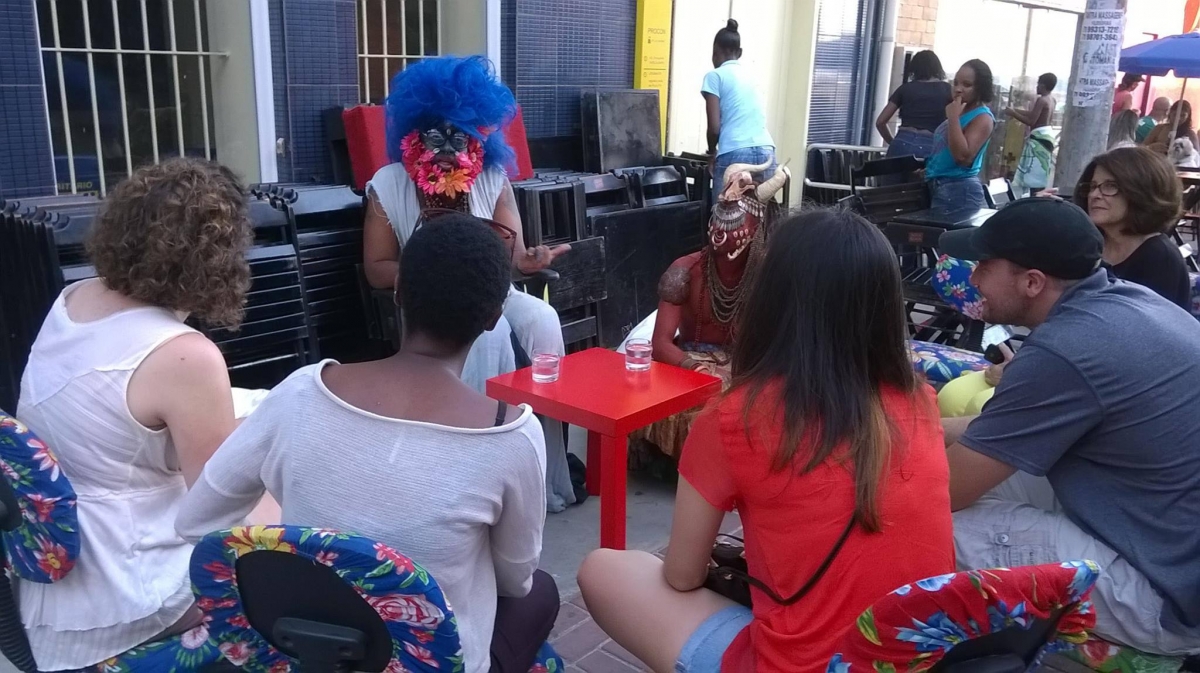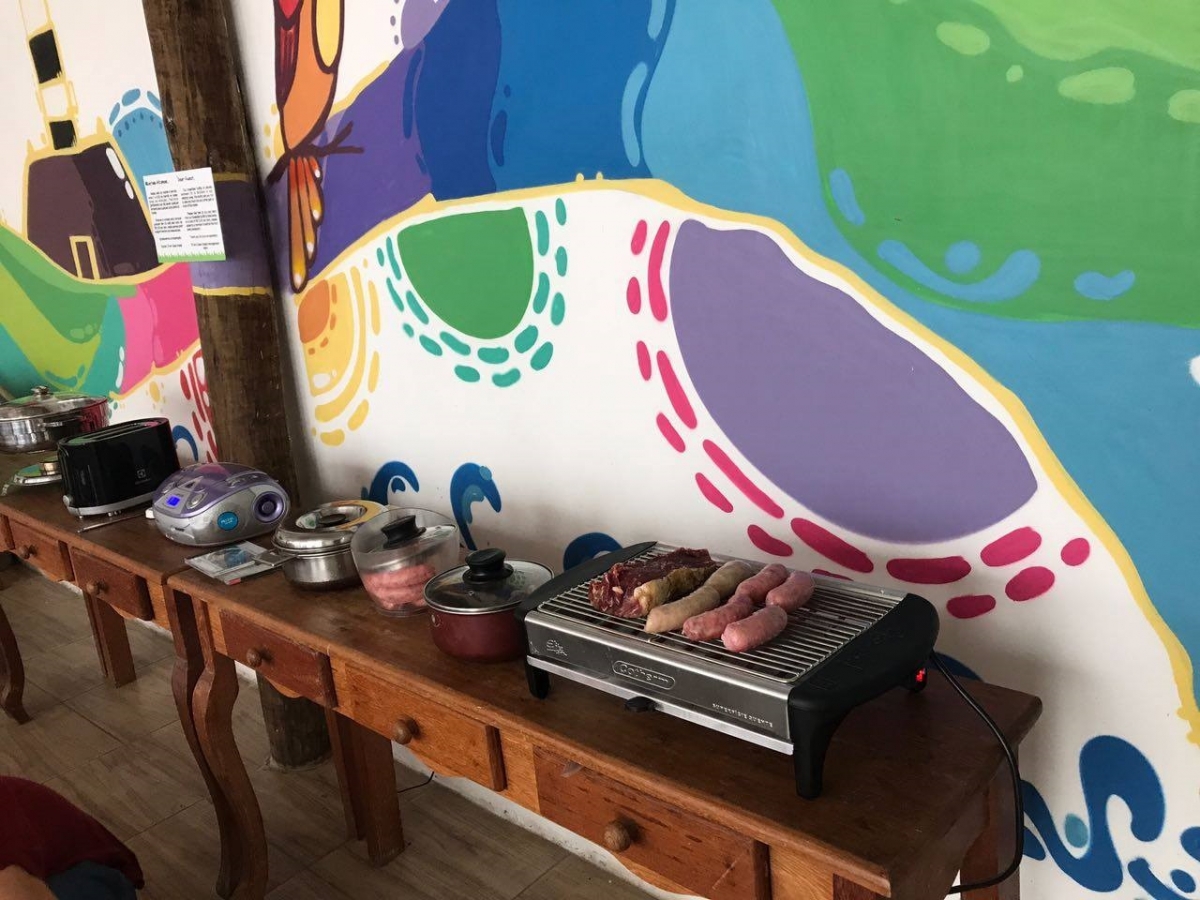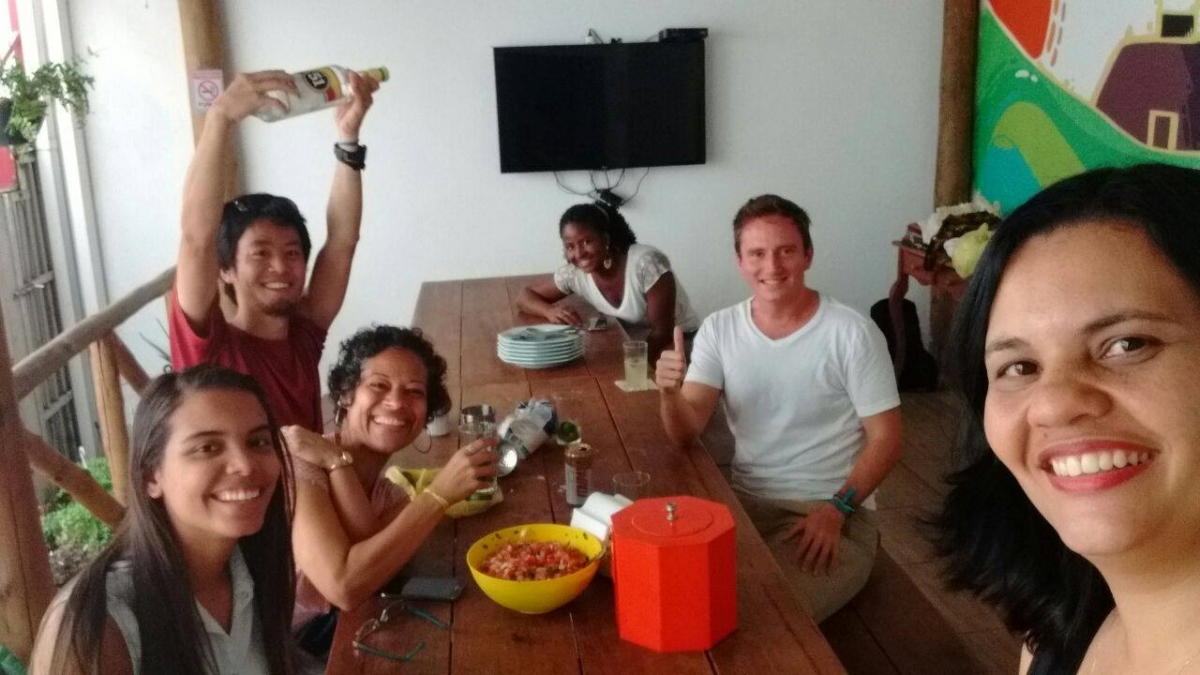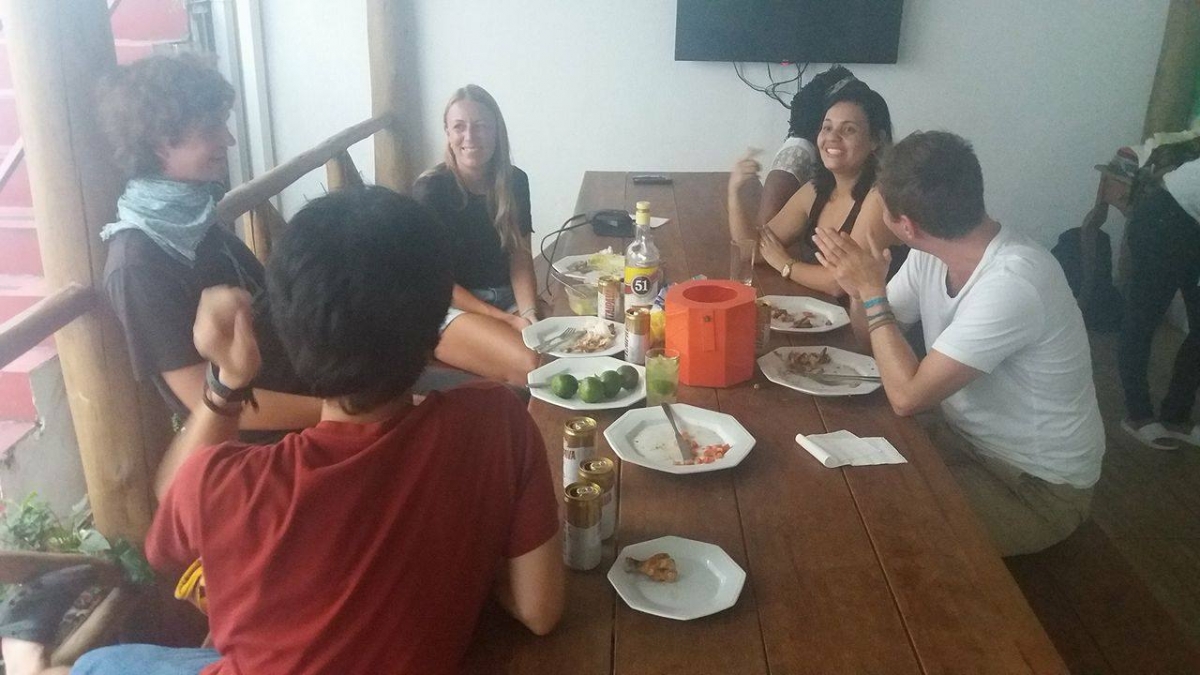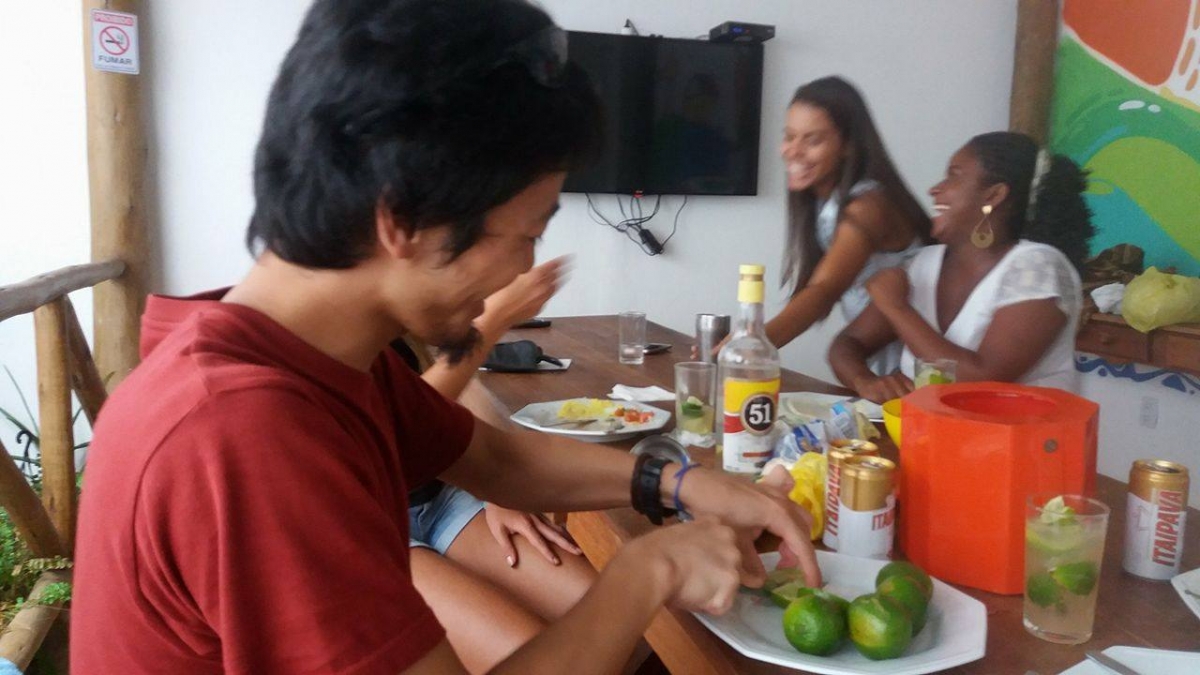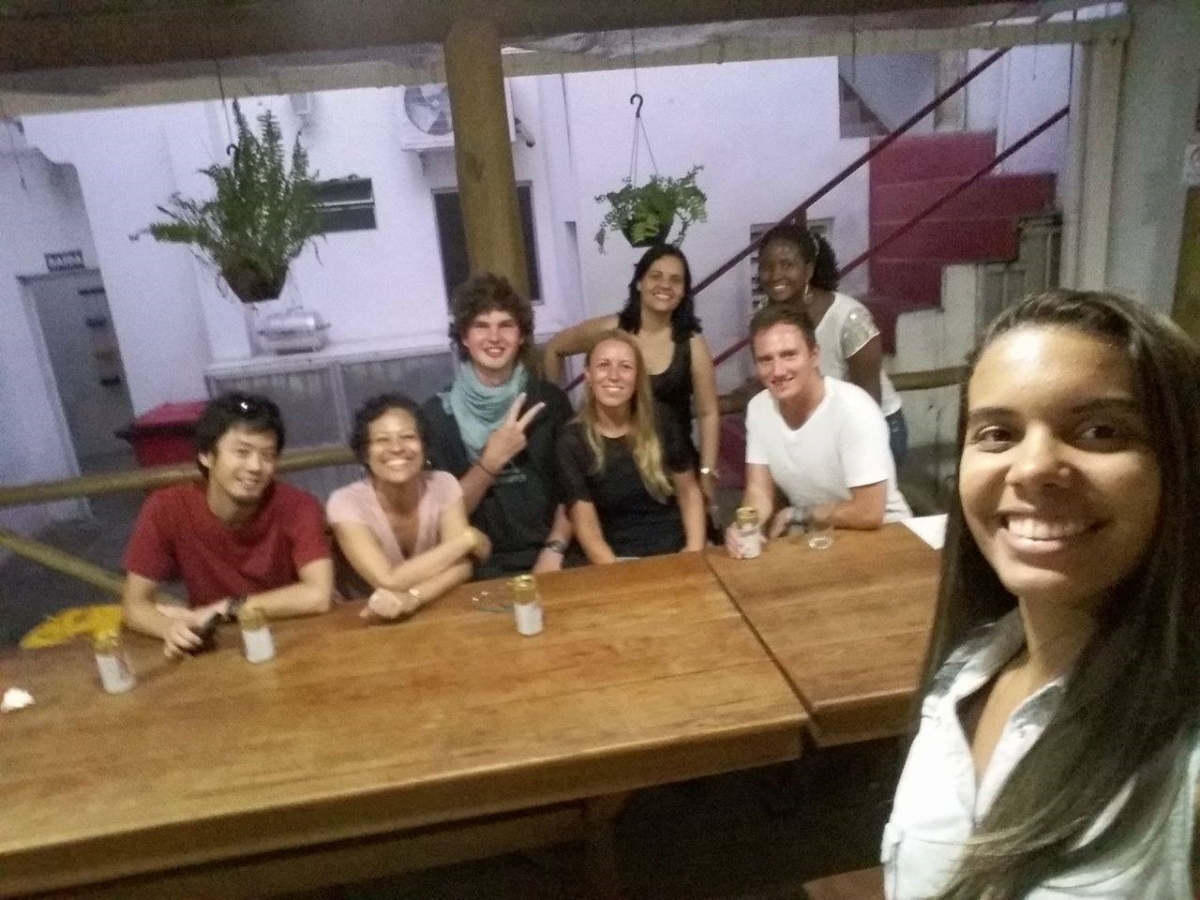Learning to learn
By: Graça Gesteira
We now turn to our foreign students who wish to learn Portuguese because they are in Brazil to work.
These students have little time to attend a Portuguese language school and normally spend eight hours a day communicating in English at work.
For them, the acquisition of the new language, really necessary to their daily communication in this new country, becomes a difficult task. If you are reading this text, live in Brazil today and here you will stay for some or many months, it is necessary to prepare to learn Portuguese. This preparation for effective learning requires you to say a few basic principles:
- Time with the language
At the beginning separate 15 minutes of your day to dedicate yourself to learning Portuguese. Go increasing this time gradually according to your well being. You need to reach the time of 1 hour daily, as long as it becomes a pleasure and you feel your gradual progress. Daily contact with Portuguese will help you memorize words, phrases, verbs, expressions necessary for your communication in Brazil.
The faster you can communicate, the more you’ll feel comfortable in this new Brazilian environment.
- Motivation
If you are in a new country, it is essential to interact with native speakers.
Meeting people, experiencing a new culture are enough reasons for you to want to learn Portuguese. That motivation gets even more intense when you feel you are learning. And, in order to feel that you are learning, it is necessary to be attentive to the basic principles that we speak here. Your teacher will select subjects necessary for your learning like greetings, transportation, restaurants, etc, and will guide you in memorizing vocabulary, verbs and expressions of each theme. Together with your teacher you will set goals to be achieved each week.
- Attention and observation
To learn Portuguese, you need to be aware of patterns, forms, meanings, structure, always observing how language works and where the classes of words are positioned.
Be curious, be open to the new, and notice the beauty of this new language. Listen to music in Portuguese and sing them. Watch movies in Portuguese, more than once the same movie.
- Give priority to Portuguese
As you begin your Portuguese learning, try to forget your native language. Do not read books or listen to music in your language.
- Stop asking the reason behind the structures
There are students who want to know why. When for example we talk: “ele é muito inteligente” and “ele é inteligente demais”, the students soon ask: Why can’t it be “ele é demais inteligente”?
This will not help you much in learning Portuguese. You do not have to waste time with this.
- Plates scattered around the house
Write in Portuguese the name of the objects in your house, such as stove, refrigerator, sofa, chair, table, bed, bathroom, etc. and paste next to the objects. You will memorize this vocabulary more quickly. Who has the broader vocabulary communicates better.
- Make associations
If you want to, for example, learn the name of the colors, do not memorize them separately (blue, red, green, etc). Associate, for example, the name of the colors with the fruits. Eg: The banana is yellow.
If you can get past the first 10 days, your learning will be easier!
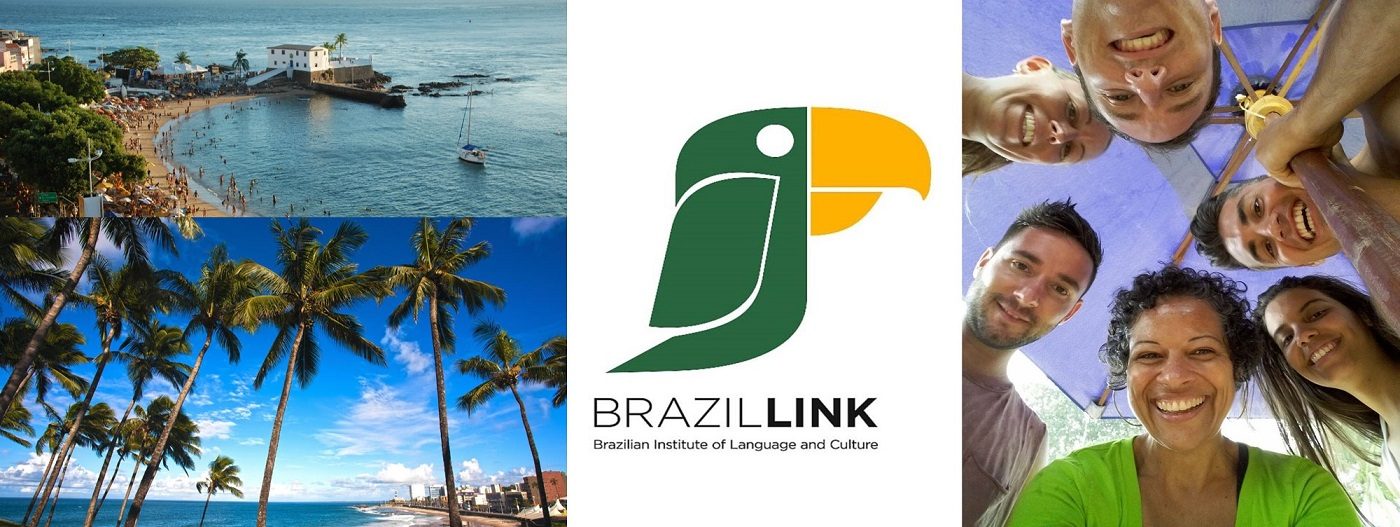

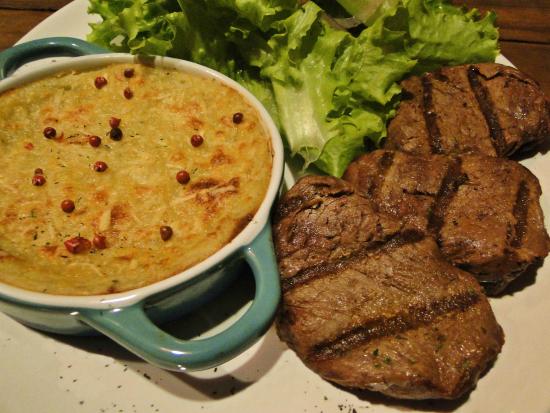

.jpg)
